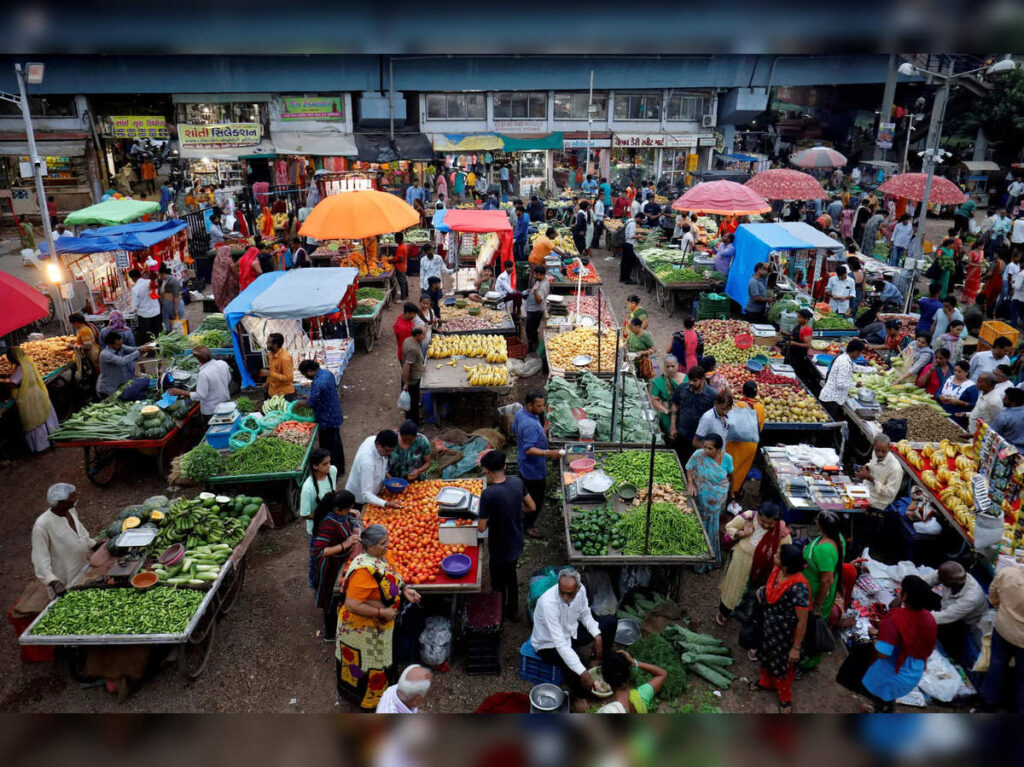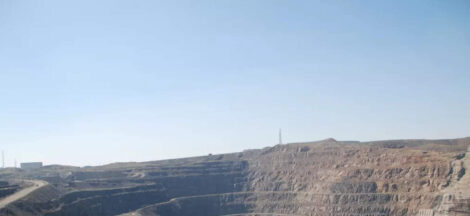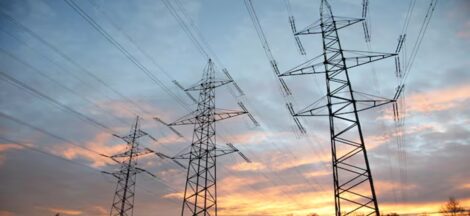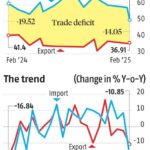NEW DELHI: India’s wholesale price index (WPI)-based inflation rose slightly to 2.38 per cent in February from 2.31 per cent in January.
This came as prices of manufactured products saw an increase and the deflation in fuel prices narrowed during the month. Meanwhile, food prices cooled further, government data released on Monday showed.
In the manufactured products category, which has a weight of 64.2 per cent in the index, data released by the Ministry of Commerce and Industry showed that inflation in this category rose to 2.86 per cent in February from 2.51 per cent in January.
The inflation was led by acceleration in the prices of manufactured goods categories like food products (11.06 per cent), vegetable and animal fats (33.6 per cent), tobacco (2.74 per cent), paper products (2.1 per cent), chemicals and chemical products (1.26 per cent) and steel — semi finished steel (0.51 per cent) — among others.
Rajani Sinha, chief economist, CARE Ratings, said the rise in industrial metal prices probably contributed to the increase in inflation within manufactured goods. This is because the strong price momentum in certain base metals has driven to the growth of industrial metal prices.
“The Bloomberg Commodity Price Index rose by 4.1 per cent in January and 9.2 per cent in February, reversing the deflationary trend observed over the previous six months. Going ahead, it is crucial to monitor geopolitical developments and global trade uncertainties closely, as these could significantly influence global commodity markets and supply chains,” she added.
However, inflation in food items declined to 3.38 per cent in February from 5.88 per cent in January.
This was led by deceleration in the prices of cereals (6.77 per cent), paddy (5.17 per cent), wheat (9.58 per cent), pulses (-1.04 per cent), vegetables (-5.8 per cent), potato (27.54 per cent) and protein-rich items like eggs, meat and fish (1.48 per cent).
But the prices of onion (48.05 per cent) and fruits (20.88 per cent) accelerated during the month.
“The outlook of food inflation has brightened. Encouraging prospects for agricultural production, arrival of fresh Rabi harvest and comfortable reservoir levels are positives for food inflation. Food inflation is likely to remain benign in the coming months. However, we need to be cautious of any weather-related disruptions,” added Sinha.
Meanwhile, the deflation in fuel and power category narrowed to -0.71 per cent in February from -2.78 per cent in January. The prices for cooking gas decelerated (0.9 per cent) while the prices of petrol (-4.21 per cent) and high-speed diesel (-3.2 per cent) remained in contraction during the month.
Madan Sabnavis, chief economist, Bank of Baroda, said core inflation in March rose to 1.3 per cent from 0.9 per cent in February. “Going forward, as trade war deepens further and uncertainty around US Federal Reserve rate cut looms, volatility in the market is expected to stay. Commodity prices are seeing some build up in pressure as demand rose ahead of the tariff implementation dates,” he added.
Source: Business Standard




 Exports Shrink 10.9% In February, The Worst Show In 20 Months
Exports Shrink 10.9% In February, The Worst Show In 20 Months 